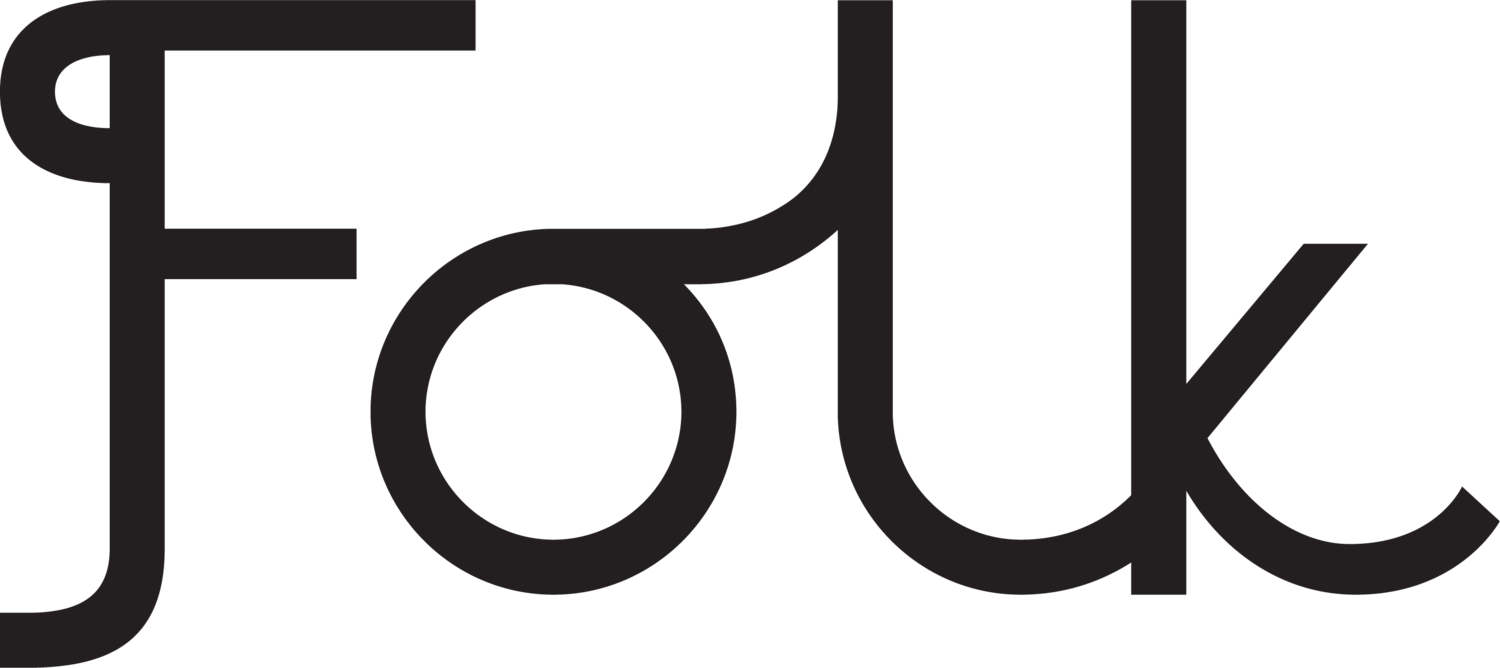We're all about connection at Folk. And who better to shed insight on the subject than the one and only Spencer Gallagher, co-founder of Cact.us?
Here's what he had to say:
Q. I’m an alien, just landing on Earth, and you’re the first person I meet. What does it mean for people to be connected?
Spencer: Well, hopefully through my network, I can help you somehow. You want your spaceship fixed? You want to meet Kevin Bacon? Connections mostly help people solve their problem. What's yours, and how can I help?
Q. “You might have the best business plan and concept in the world, but without a genuine desire to connect with people, you’re destined to failure”. How true do you think this is?
S: An idea is nothing without great execution and great timing. Just think: if Mark Zuckerberg hadn't have met Sean Parker... it wasn't solely Mark's idea, and it certainly wasn’t the first social network around.
A big portion of Facebook’s success was about timing and connections. A bit like Larry and Sergy when they met Sequoia, no? Without them they wouldn’t have had the cash to scale. It's who you know, what you know, and what you know about who you know.
To be fair when I set out on my first business venture, I knew just 25 people in business, so I believe you can build the networks you need fast to succeed if you have the drive to.
Q. Some people would argue that social media helps us to connect with one another. Others argue that this type of connection is inauthentic. What do you think? Is it that simple?
S: Social Media platforms help us obtain larger reach, much quicker for sure. The principles of networking are roughly the same online and offline: you must build trust, and demonstrating common values and authenticity are key.
To do this online is easy as many of the techniques can be replicated from real, physical connectivity.
However, there’s something about human behaviour; the Limbic part of our brain, the instinctive and emotional part that often works faster at building trust; the body language signs that signal ‘we trust you'. These are the the core ingredients of your networks.
How many people seem authentic until you meet them in real life? (I guess people who have used online dating will understand that point the most)
For me I won't connect to people on LinkedIn unless I've met them or plan to shortly. On twitter I can accept randoms, but have just actually culled most of them. For me Facebook and Instagram are my inner circle.
Different networks create different levels of trust. I have met many friends through social media, but more have come or been strengthened as a result of real life interactions.
Q. And if there was just one way you could make social media more genuine, what would it be?
S: More validated profiles. Which also scares me as I hate the control and privacy issue and the threat to Net Neutrality.
Q. Is it worth approaching older forms of connection (e.g. post, phone or even fax) in new ways to help them keep up with digital comms, or are they redundant now?
S: I get about two pieces of post a day and 200 personal emails; I know how I'd market to me to get my attention these days. Not sure about fax, telex, telegraph system mind.
Phone? Nah, people who call me are never helping me, and always pushing at me. If someone called and said “how can I help you Spencer?”, rather than, “how are you, I'm calling from X do you have five minutes to hear about Y", then maybe ...
Q. How important is boredom? Does a constantly-on, constantly-moving social life leave us enough time to just sit and think?
S: I'm just not sure it's boredom, we are just all addicted in some way.
I've just quit Facebook for 90 days, and I just find other ways to keep my mind active. For me, it's more ADHD - I need to keep my mind continually occupied.
But yes, I used to go to talks and conferences to think - even there, I’m allowed to check my phone and tweet. But yes, time to think has become a precious commodity for me these days and I guess it’s the same for many others.
Q. How do you think people would react if the Internet just… disappeared one day?
S: Actually, I was in London not long ago and there was a mobile outage. I had no internet. I feared for something serious, and realised I had no access to any news or anyone to find out what was going on.
I am genuinely in fear of the future generation’s lack of basic non verbal communication skills, but us humans would adapt and revert back to old fashioned communications if necessary.
Let's not forget the Telegraph System was the Victorian Internet.
Q. What's the first thing you would do personally if it did?
S: Take a walk and appreciate the little things a lot more. Dream big and start more conversations with people about how I can help them and them me on my journey.
Thanks Spencer - and thanks for reading.
Stay connected,
Folk
